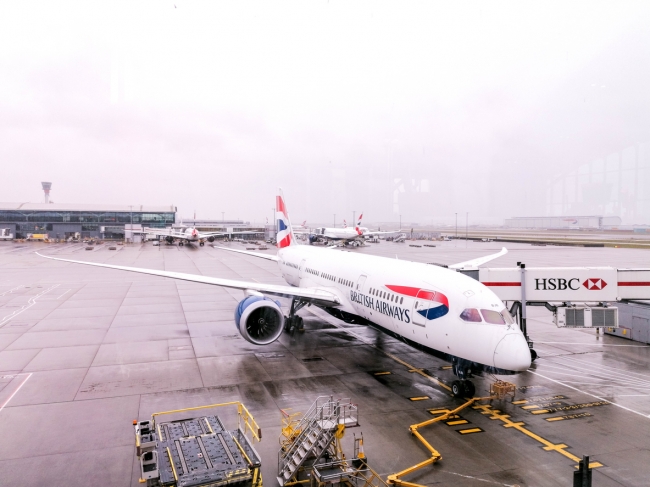2 minute read - 29th August 2022
Strong orders in July sees aerospace sector recovery continue
Global aircraft orders saw a strong increase in July 2022, with 526 single-aisle and five wide-body aircraft ordered. The numbers were driven by announcements made at Farnborough International Airshow, which became the first major European Airshow to take place since 2019. During the airshow week, 277 aircraft were ordered. Aerospace trade organisation ADS says the high order numbers indicate the continued global aviation sector recovery in market demand and confidence.
Manufacturers delivered 72 aircraft during the month, taking total deliveries this year to 585 aircraft, as the global aerospace industry makes progress towards an ADS forecast of 997 commercial aircraft deliveries by the end of the year. While deliveries showed a slight 4% decline compared to the month of July 2021, ADS added that this can be attributed to summer shutdowns, holidays, and altered working patterns following recent rate ramp-up announcements.
With year-to-date aircraft orders the largest for the first seven months of the year since 2014, the backlog of aircraft orders remains above 13,000. The current backlog of 13,460 aircraft in July 2022 could be worth up to £209bn to the UK aerospace industry.

The ongoing aerospace sector recovery continues with 531 aircraft orders placed in July, helping reach the highest year-to-date order level since 2014. The current order backlog sits at 13,460 aircraft / Picture: Getty/iStock
UK flight departures and arrivals have levelled off at 15% down on pre-pandemic statistics, these consistent and stable levels remain encouraging given reports of a challenging airport operating environment and some international travel restrictions remaining in place at this time.
ADS chief executive, Kevin Craven, said: “July saw more than 500 aircraft orders, the highest since 2014 as the market continues to recover from the challenges of the last two years and ongoing supply chain disruption. Many of these orders were announced at Farnborough International Airshow, where the UK welcomed the world’s aerospace, defence, and space industries to meet, discuss and lay out plans to address the pressing issues of industry, including net zero by 2050.
“There is an opportunity for the global ambition of transatlantic net zero flight to be spearheaded by the UK, accelerating sector recovery and net zero by 2050. Government and industry must work together to ensure the UK’s net zero services, technologies, and capabilities are fully realised.”